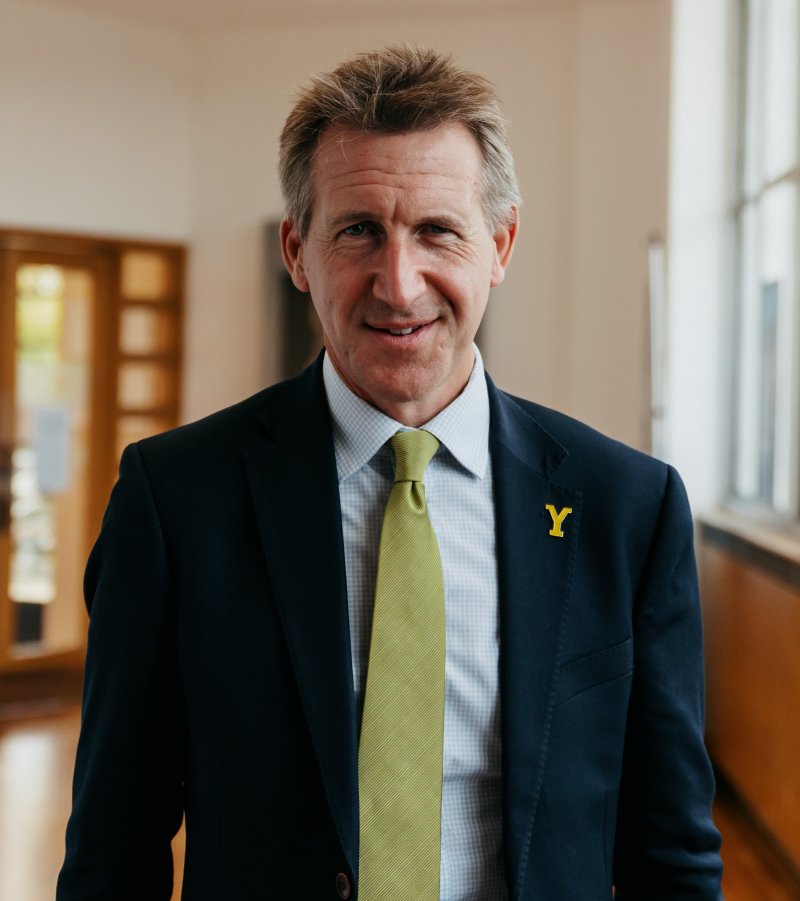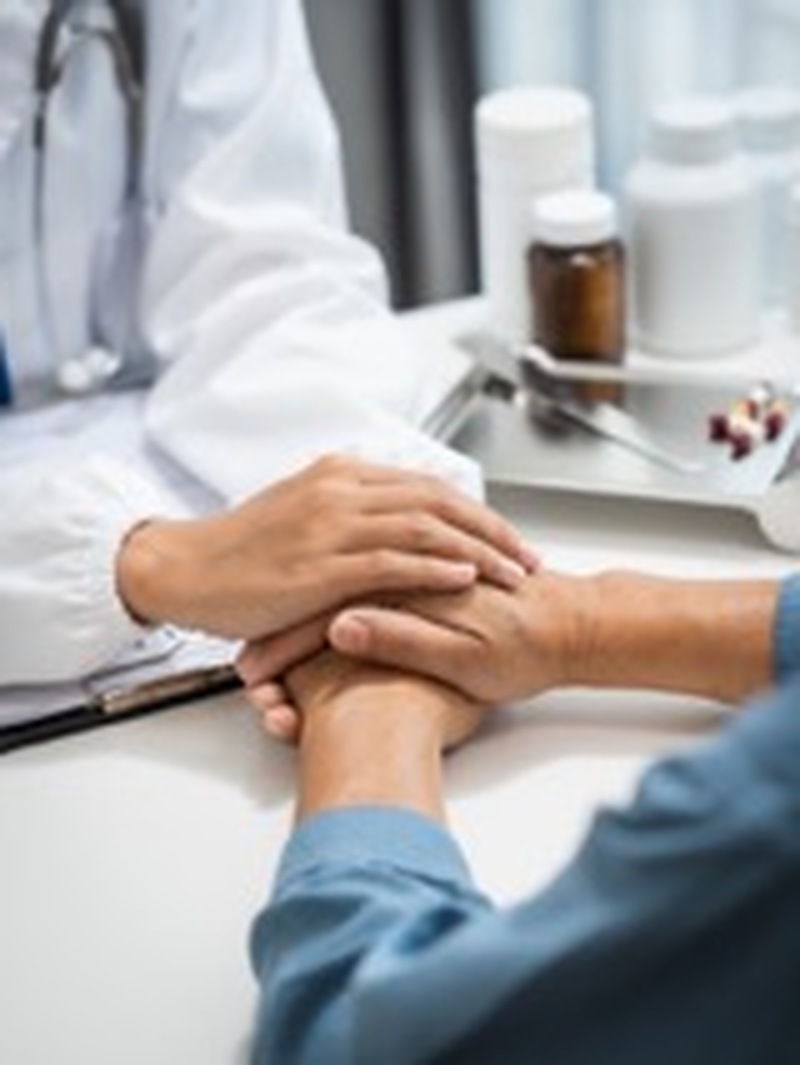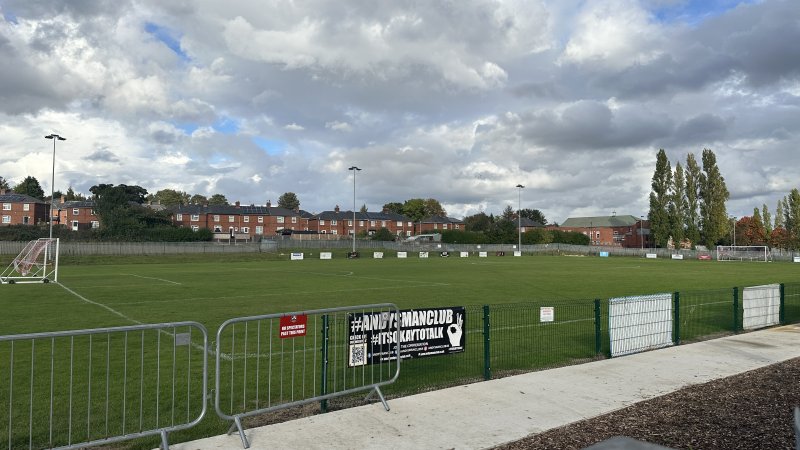MORE GPs are now working in Barnsley than last year but health bosses have warned the increase simply isn’t enough.
Figures from the House of Commons Library based on NHS Digital data show 156 full-time-equivalent GPs were practising in the town as of April.
Of them, 119 were fully qualified, while the rest were still in training.
This was more than the same time the previous year, when 145 GPs were working in the area, and up on the levels in March 2019, when there were 132.
The number of full-time equivalent GPs across England saw an increase of 2.4 per cent since April 2023, with 37,237 as per the latest figures.
While this was also 2,711 more than in March five years ago, it came short of the Conservatives’ 2019 manifesto pledge to recruit 6,000 more GPs by 2025.
The increase was mainly driven by GP practices seeing more trainees.
In spring, 9,631 were in training compared to 6,040 five years ago, while the workforce lost 880 fully qualified practitioners during this period.
Professor Kamila Hawthorne, chair of the Royal College of GPs, said GPs delivered 25 per cent more appointments last month than in April 2019, but ‘we can’t keep doing more with less’.
“Patients are bearing the brunt of years of failures in funding and workforce planning,” she said.
In Barnsley, each GP was responsible for around 1,729 patients in April - down from 1,844 last year.
Prof Hawthorne added: “Now that the general election is just a few weeks away, we’re hearing promises from political parties about improving access to general practice services - but this can only be done with investment to boost and protect the GP workforce.
“Right now, we simply don’t have enough GPs - we are losing GPs faster than we are training new ones.
“We need all the major political parties to commit to significant investment and further efforts to increase and retain the GP workforce, to ensure general practice is fit for the future.
“If general practice fails, the NHS fails.”
Meanwhile, more than one in 20 people in South Yorkshire could not contact their GP when they tried to book an appointment or speak to a receptionist, according to a major new poll of patients across England.
The NHS England and Office for National Statistics survey is based on responses from a sample of nearly 90,000 adults aged 16 and over in England.
All the figures have been age-standardised, which means they consider population size and age structure to ensure a fair comparison between different groups.
It showed 6.9 per cent of people registered to a GP practice across South Yorkshire were unable to contact their doctor, receptionist or another clinician at their registered practice the last time they tried.
A further eight per cent were able to get in touch with their GP, but it took at least two days.



























